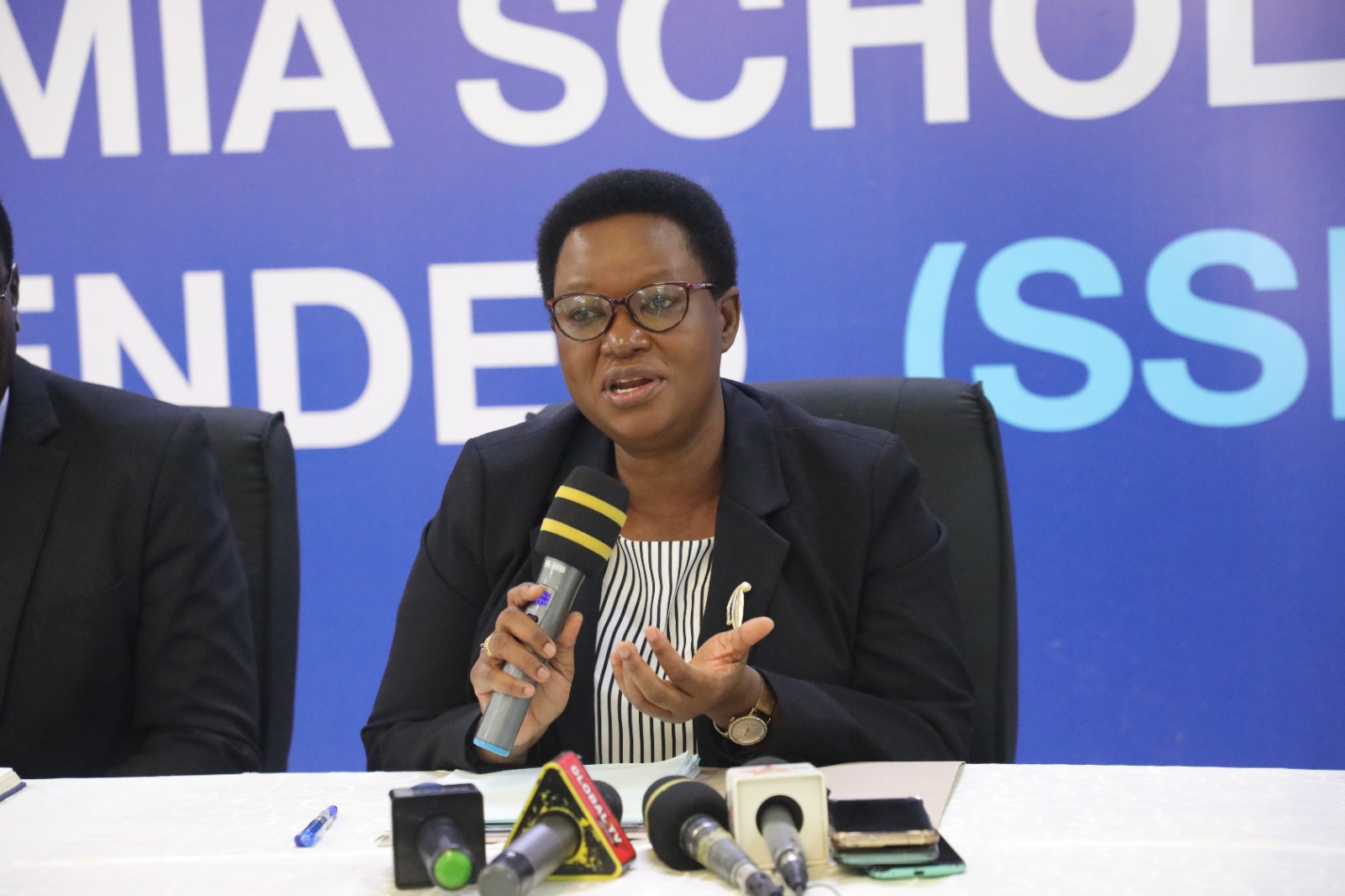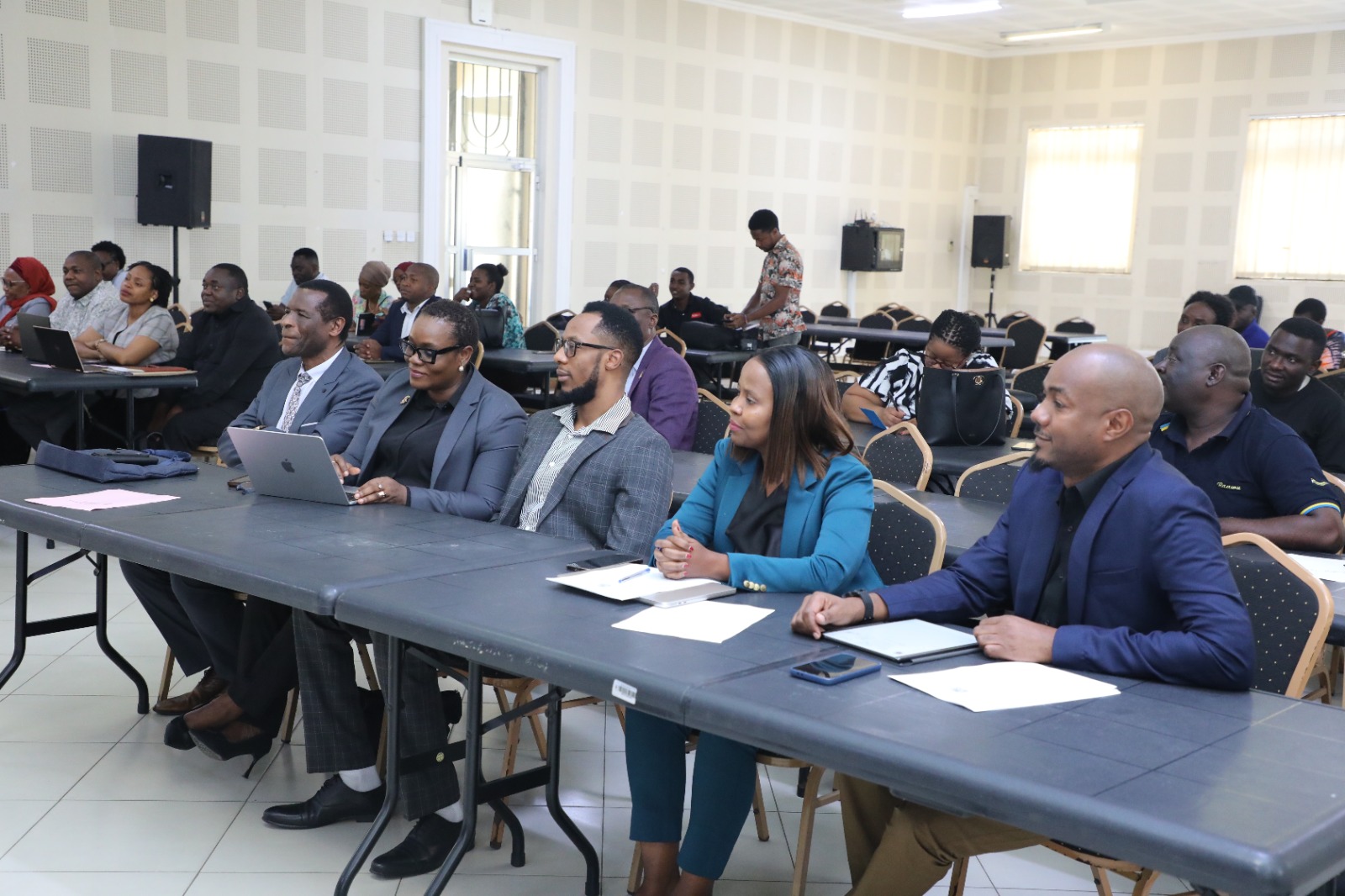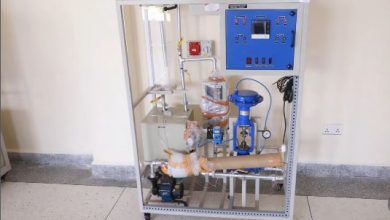Samia Scholarship cohort set for NM-AIST

ARUSHA: FIFTY students have been selected as the inaugural recipients of the Samia Scholarship Extended for Data Science, Artificial Intelligence and Allied Sciences (SSE-DS/AI+).
Their journey begins on September 15 with an intensive 10-month preparatory bootcamp at the Nelson Mandela African Institute of Science and Technology (NM-AIST) in Arusha.
This training will prepare them for admission into world renowned universities such as MIT (United States), Oxford (United Kingdom), IIT Madras (India) and Peking University (China).

The Ministry of Education, Science and Technology announced that the students were chosen from 96 applicants after a rigorous evaluation of their Mathematics and Physics performance.
The scholarship programme, launched in July this year, is part of government reforms aimed at aligning higher education with labour market demands in the Fourth Industrial Revolution.
Permanent Secretary in the Ministry of Education, Science and Technology Professor Carolyne Nombo described the scholarship as a bold step towards preparing young Tanzanians to engage fully with global technological advancements.
“In today’s world, information and knowledge drive progress, data science and artificial intelligence are crucial tools for solving challenges in health, agriculture, business, education, security and the environment. As a nation, we cannot remain spectators; we must be creators of solutions using these new skills,” she said.
ALSO READ: Grab global scholarships, Tanzanians urged
Initially, 100 top Form Six graduates with outstanding results in PCM, PMC and PGM subject combinations were invited to apply. By the application deadline on August 30th this year, 96 students had submitted entries, with 50 ultimately selected.
Their names were published on the websites of the Ministry, COSTECH and NM-AIST. Prof Nombo noted that only 13 applicants (14 per cent) were female, with seven girls among the selected scholarship recipients. Addressing the low number of female candidates, she said the government has implemented several strategies to address gender imbalance in science education.
She added that the government is constructing secondary schools in every ward and expanding dormitory facilities to reduce travel distances, helping more girls stay in school.
“We have also introduced competitions and programmes to inspire girls to take up science subjects,” she noted.
She said the 10-month bootcamp will prepare students for admission to leading universities abroad. COSTECH will cover tuition, living allowances, airfare, admission and registration fees.

During the training, students will develop foundational skills in computer use, programming, systems analysis and data applications. They will also receive soft skills training, including leadership, communication, patriotism and cultural orientation for their host countries.
“At the end of the programme, students will receive internationally recognised certifications such as IBM Certification, Machine Learning for Data Science Project, Certified Cyber Security and Certified Cloud Practitioner. These qualifications will enhance their admission chances and success at world-class universities,” Prof Nombo explained.
In addition to undergraduate sponsorships, the extended scholarship will support 20 top bachelor’s degree graduates pursuing master’s studies at NM-AIST and the Indian Institute of Technology (IIT) Madras – Zanzibar campus. Prof Nombo urged parents and teachers to help the selected students prepare for the bootcamp on time.
“We are confident this scholarship will produce a new generation of Tanzanians who will actively contribute to global technological advancement,” she said.
“This is an investment in preparing our youth to be part of future solutions, not just observers. Through this initiative, Tanzania is equipping its people to lead in the Fourth Industrial Revolution.” On his part, Commission for Science and Technology (COSTECH) Director General Dr Amos Nungu admitted the low female representation but expressed optimism.
“It is true the number of girls is small, but we are building girls’ science schools and launching campaigns to encourage their participation in these fields. The government is determined to close this gap,” he said.
Assistant Director for Higher Education in the Ministry, Dr Maryam Ismail said the extended scholarship complements the ordinary Samia Scholarship, which supports 1,000 students annually to study at local universities.
“This version is tailored for students who will join global centres of excellence in artificial intelligence and data science,” she said.
Deputy Permanent Secretary for Science, Technology and Higher Education, Prof Daniel Mushi, explained that there are three types of Samia Scholarships.
“The first is the ordinary scholarship for priority fields in local universities. The extended programme has two streams—one for Artificial Intelligence and another for nuclear studies,” he said.




